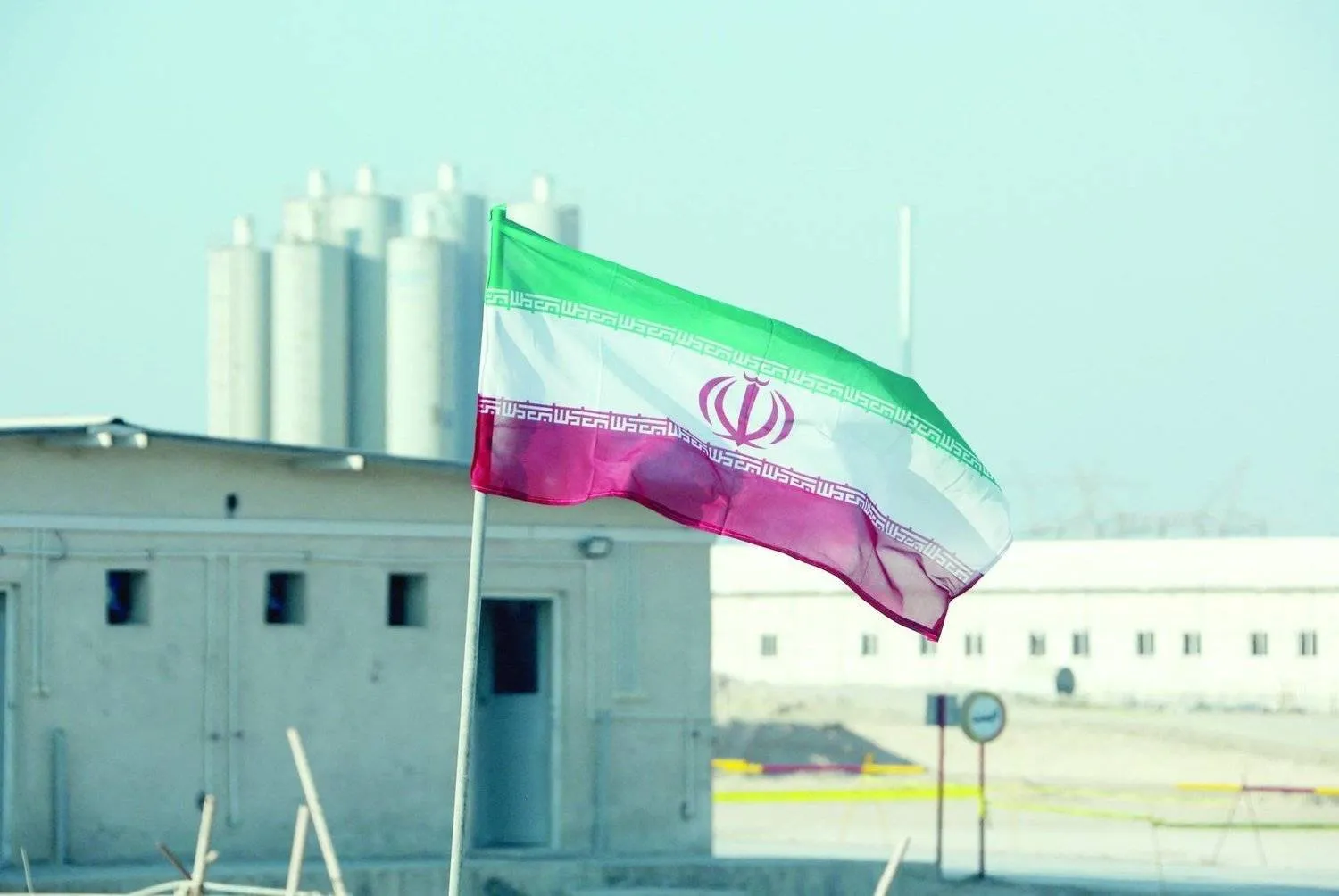An Iranian court has ordered a five-year jail sentence against a French national tried on national security charges and held in prison for over a year, his family announced on Wednesday.
Foreign Ministry spokesperson Anne-Claire Legendre denounced the sentence against Louis Arnaud, calling it "unacceptable."
"We call for his immediate release, as well as that of all French citizens arbitrarily detained in Iran," the ministry said in a statement reported by AFP.
The family said Arnaud was innocent of all charges and denounced the verdict as "an attack on human rights and individual freedoms.
Arnaud has lodged an appeal against the verdict, the family added.
“Louis had undertaken his journey with the aim of discovering the cultural diversity of the world, stopping in Iran, a country he had dreamed of visiting for a long time for the richness of its history and the welcome of its inhabitants,” said his mother, Sylvie.
"Unfortunately, his dream turned into a nightmare when he was unjustly targeted, imprisoned, and now convicted on baseless charges, stripping him of his freedom and rights," she added.
His mother insisted he had "kept a distance from the social movements that were starting" while in Iran, in reference to the protest movement that erupted in September 2022.
“At no time did he act with political intentions or carelessness.”
The verdict has so far not been reported by Iranian media or publicly confirmed by the Iranian judiciary.
Aside from Arnaud, three other French citizens are held by Iran and considered as “state hostages”, and they are Cecile Kohler, Jacques Paris, and a third one whose identity hasn’t been disclosed.
In May, Iran freed French prisoners Benjamin Briere and Bernard Phelan, the latter also an Irish national, for “humanitarian reasons”.
Cecile is “exhausted” and “desperate”, said her sister Noemie on Monday, adding “she does not understand why she has been imprisoned”.
In the same context, French-Iranian academic Fariba Adelkhah finally returned to France in October after being held for four-and-a-half years.
In parallel, the Iranian Judiciary has announced the indictment of Swedish Diplomat Johan Floderus, as reported by Mizan, the judiciary’s news agency.
Iran has been detaining him for over a year now.
As he was departing Iran, he was detained by the Ministry of Intelligence at the airport on charges of espionage. The ministry added that Floderus had made multiple trips to Iran.
This case has caused tension between the two countries.
For its part, Iran demanded the release of the Swedish citizen, known as Hamid Nouri, and imprisoned for life for his role in executing political prisoners in Iran.
Iran has dozens of Western citizens in detention, while NGOs and defenders accuse Iran of exploiting this matter for political purposes.









